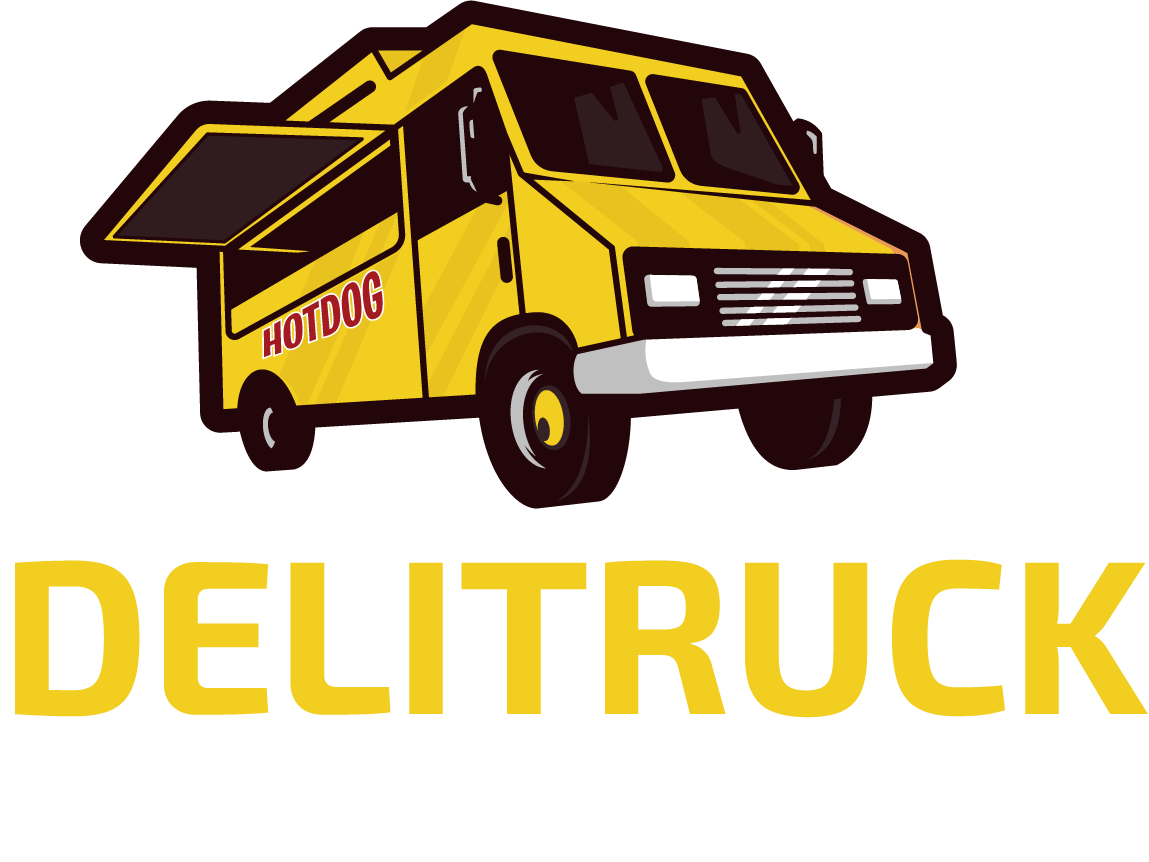Food trucks have gained immense popularity in recent years, providing a unique and mobile dining experience. However, operating a successful food truck requires careful planning, attention to detail, and avoiding common mistakes that can hinder success. In this article, we will explore ten common mistakes that everyone makes in food truck operations and provide insights on how to avoid them.
1. Poor Location Selection:
Choosing the right location is crucial for the success of a food truck. Many operators make the mistake of setting up in areas with low foot traffic or insufficient demand for their cuisine. Conduct thorough market research and identify high-traffic areas, popular events, and local business districts to maximize your chances of attracting customers.
2. Inconsistent Branding:
Effective branding helps create a memorable identity for your food truck. Many operators neglect the importance of consistent branding across their menu, signage, social media, and truck design. Invest in professional logo design, develop a cohesive visual identity, and maintain consistency in your messaging to create a strong brand that resonates with customers.
3. Lack of Menu Focus:
One common mistake is having an overly extensive menu. While variety is appealing, it can lead to operational challenges and quality control issues. Focus on a few signature dishes or a specific cuisine that aligns with your target audience. This allows you to streamline operations, maintain quality, and build a reputation for excellence in those specific offerings.
4. Ignoring Customer Feedback:
Feedback from customers is invaluable for improving your food truck operations. Ignoring or dismissing customer feedback can be detrimental to your success. Actively listen to customer suggestions and complaints, and use them to refine your menu, customer service, and overall experience. Engaging with customers and showing a willingness to adapt will build customer loyalty and help your business thrive.
5. Poor Inventory Management:
Food truck operators often struggle with inventory management, resulting in wasted ingredients and increased costs. Failing to accurately track inventory levels, ordering supplies inappropriately, or neglecting to monitor expiration dates can lead to inefficiencies and financial losses. Implement a robust inventory management system to optimize stock levels, reduce waste, and improve cost control.
6. Inadequate Food Safety Measures:
Maintaining proper food safety practices is crucial to protect your customers’ health and your business reputation. Failing to adhere to food safety regulations, neglecting proper hygiene, or not training staff adequately can lead to foodborne illnesses and negative reviews. Prioritize food safety training, establish standard operating procedures, and regularly conduct inspections to ensure compliance.
7. Overcomplicating Operations:
Complexity in food truck operations can lead to bottlenecks and decreased efficiency. Many operators make the mistake of overcomplicating their processes, resulting in slower service and customer dissatisfaction. Streamline your operations by designing a well-organized workspace, optimizing workflows, and training staff to work seamlessly together. Simplifying your operations will help deliver faster service and enhance the overall customer experience.
8. Ineffective Marketing and Promotion:
Marketing is essential for attracting new customers and building a loyal following. However, many food truck operators struggle with ineffective marketing and promotion strategies. Relying solely on word-of-mouth or failing to leverage social media platforms, online directories, and local partnerships can limit your visibility. Invest time and resources in creating a comprehensive marketing plan that includes online and offline promotion channels to reach a broader audience.
9. Inconsistent Quality and Service:
Maintaining consistent quality and service is key to building a loyal customer base. Inconsistent food quality, long wait times, or poor customer service can drive customers away. Train your staff to consistently deliver high-quality food and provide excellent customer service. Pay attention to details such as portion sizes, presentation, and timeliness to ensure a positive experience for every customer.
10. Lack of Adaptability:
The

